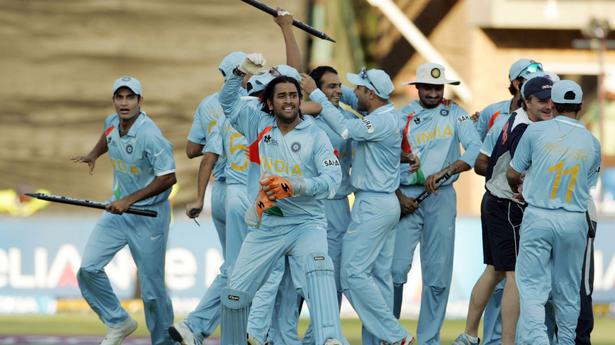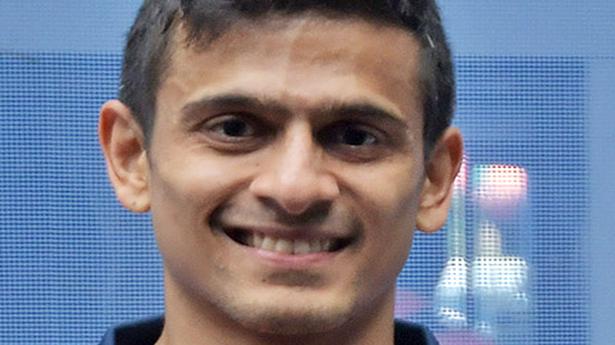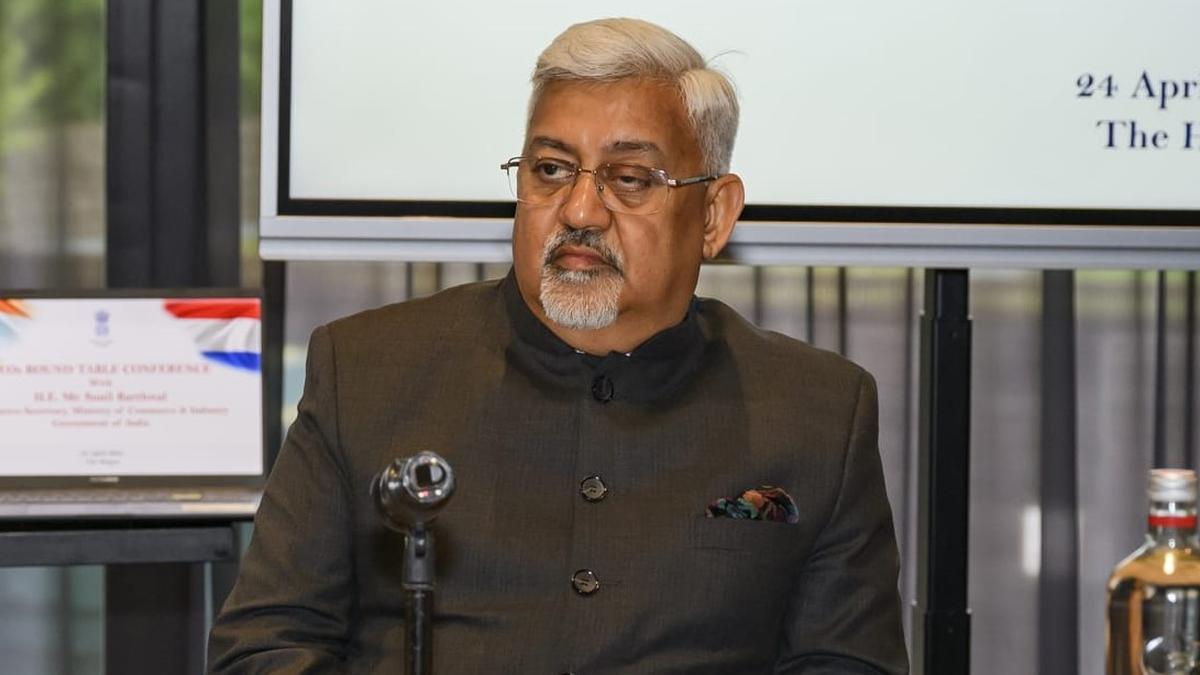The tournament is in Australia in October-November, and as always the team will arrive there as one of the favourites
The tournament is in Australia in October-November, and as always the team will arrive there as one of the favourites
One of the consequences of India winning the T20 World Cup in 2007 was the establishment of the IPL. The World Cup was not a tournament India were expected to win, or even take part in since the cricket board thought the format was a bit of a joke. Senior players looked down upon it, with Sachin Tendulkar, Rahul Dravid and Sourav Ganguly informing the selectors they would not be interested in participating.
Within a year, the IPL had arrived, with Brendon McCullum hitting 158 in the inaugural match. The combination of cricket and Bollywood, which had been so successful when 50-over cricket was taken to Sharjah in the 1980s, continued to entertain. With the IPL, it went one step further with Shah Rukh Khan (among others) becoming the face of one of the teams.
Fond hope
There was a fond hope then that India would become so comfortable with the format they would dominate it for years. It was one of the theories on which the tournament itself was sold to a somewhat sceptical audience.
Yet it must be a matter of some concern that since winning in 2007 when Joginder Sharma bowled that crucial last over against Pakistan and S. Sreesanth took the final catch, India have not won the T20 World Cup. They made it to the final once, in 2014, losing to Sri Lanka, but have otherwise entered the tournament with a bigger reputation than they have left it.
The anomaly is not easily explained. One theory is that other domestic T20 tournaments have levelled the playing field, and since teams all have access to the same information regarding their rivals, surprises are harder to generate. Familiarity has bred. The IPL, for its part, is as much a training and familiarising ground for the other teams as it is for India although more Indians play in a season than foreigners.
Watching the current edition, with its young eye-catchers from Umran Malik to Ruturaj Gaikwad, and a range of talented fast bowlers and spinners, that old feeling is bound to return: Will this be India’s year at the T20 World Cup? The tournament is in Australia in October-November, and as always India will arrive there as one of the favourites.
Their players, who play just one domestic tournament, the IPL, will be up against many who spread their talents across various domestic T20 leagues in different countries — Australia, the West Indies, Pakistan, Afghanistan, Bangladesh, England — and that might be a factor.
Many such players have been dismissed as mercenaries, hired guns and so on but clearly the experience has been valuable. The Board of Control for Cricket in India does not permit Indian players to participate in leagues outside the country fearing it will both diminish the value of the IPL and interfere with the international calendar.
It is not always possible to find the balance between wealth-creation and national obligation.
Long period
Still, 15 years is a long waiting period for a team that boasts of having the best T20 league in the world, richer, more competitive, and with a bigger audience. Six different countries have won the seven tournaments so far (the West Indies having won twice). This could point to the level playing field referred to earlier or the essential uncertainty of the format. Perhaps even that the term ‘favourites’ is outdated. Every team must legitimately believe they can win.
The IPL has shown that talent in the country is both widespread and deep. On a given day, any of the seven Indians in the team could turn out to be the match-winner; teams that rely on two or three performers are often surprised by an unheralded player making the difference. Every bowler seems capable of claiming that crucial wicket, every batsman capable of making that 25 off six deliveries that swings a match.
It might all boil down to team selection in the end. In the first edition of the World T20 in 2007, there was no pressure on the selectors. Now they play a vital role. In longer formats, selection involves the present and the future — you sometimes pick a young player just to give him the feel of the contest. In shorter formats it will have to be the best available team at any given time, with no room for experimentation.
Game awareness
India’s young and debutant IPL cricketers display a confidence and game awareness that augur well. Batsmen arrive at the crease knowing exactly what to do, bowlers are aware of what is expected of them, and in general the fielding has been excellent.
After winning the 50-over World Cup in 1983, India next won after six more tournaments, in 2011. There have been six tournaments since India last won the T20 in 2007…







